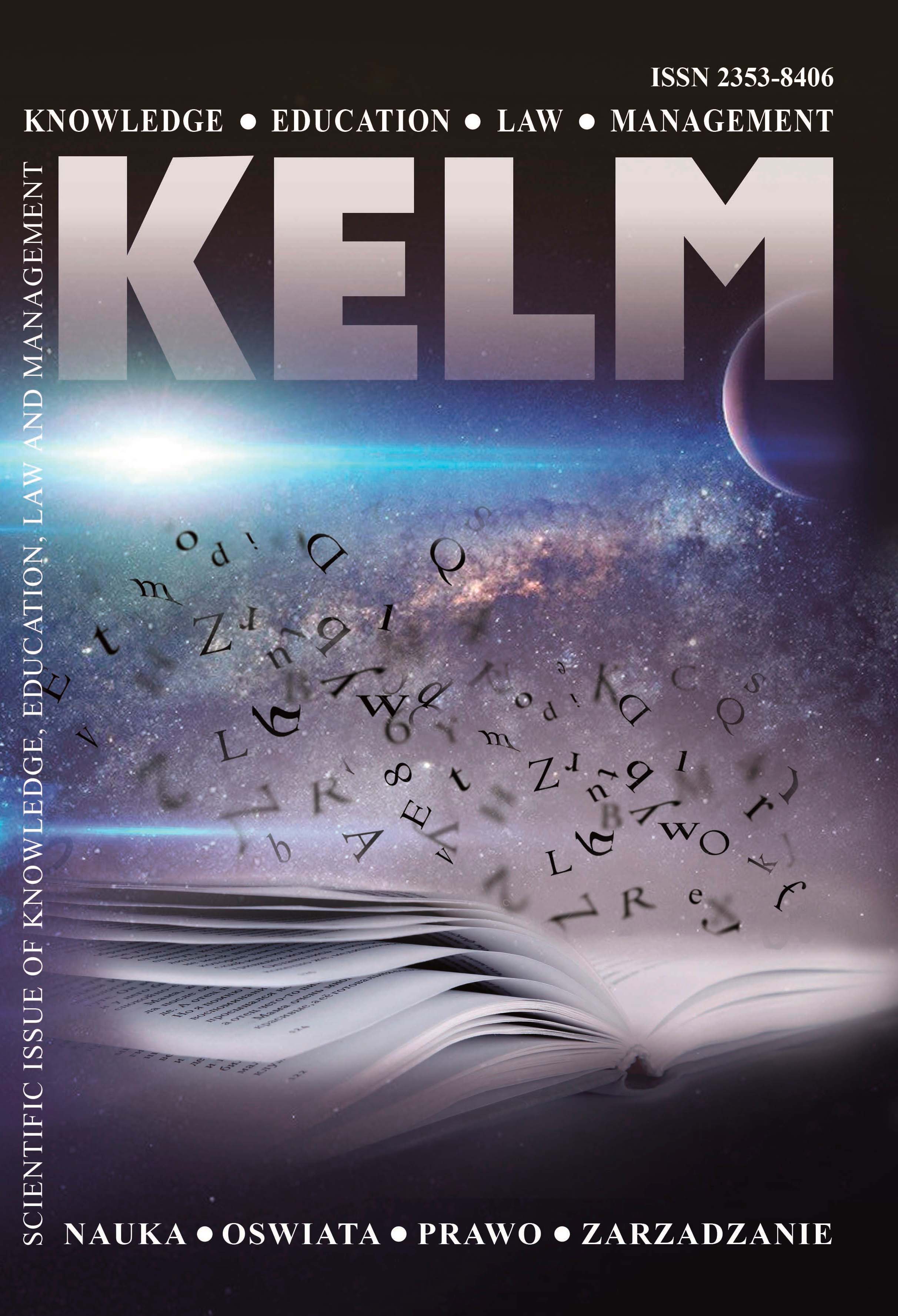Anotation. The article examines the context of trends in developing contemporary art education in Ukraine. The fundamental problems in the current situation of art education institutions and the teaching system in general are identified. The content of modern trends proposed by Ukrainian scholars A. Kozyr and M. Pikchur is analysed and characterised in detail. The key trends corresponding to the ideas and opinions expressed in the theoretical and methodological works of Ukrainian artists-pedagogues of the first half of the twentieth century are identified. The essence of the identified trends is described in detail, and an analysis of each identified trend with representatives of Ukrainian art education is provided. Several statements are formulated on the relevance of the identified trends and the need for their active continuation for implementation in art educational institutions in Ukraine. Essential aspects of implementing the formulated trends for the further education of professional skills of students of artistic specialities are identified.
Keywords: The article examines the context of trends in developing contemporary art education in Ukraine. The fundamental problems in the current situation of art education institutions and the teaching system in general are identified. The content of modern trends proposed by Ukrainian scholars A. Kozyr and M. Pikchur is analysed and characterised in detail. The key trends corresponding to the ideas and opinions expressed in the theoretical and methodological works of Ukrainian artists-pedagogues of the first half of the twentieth century are identified. The essence of the identified trends is described in detail, and an analysis of each identified trend with representatives of Ukrainian art education is provided. Several statements are formulated on the relevance of the identified trends and the need for their active continuation for implementation in art educational institutions in Ukraine. Essential aspects of implementing the formulated trends for the further education of professional skills of students of artistic specialities are identified.
CURRENT TRENDS IN THE DEVELOPMENT OF ART EDUCATION IN UKRAINE
Olga Bolshanina
Postgraduate Student at the Department of Pedagogy Kryvyi Rih State Pedagogical University (Kryvyi Rih, Ukraine)
ORCID ID: 0000-0002-9000-4982
